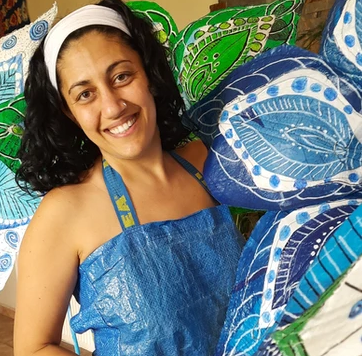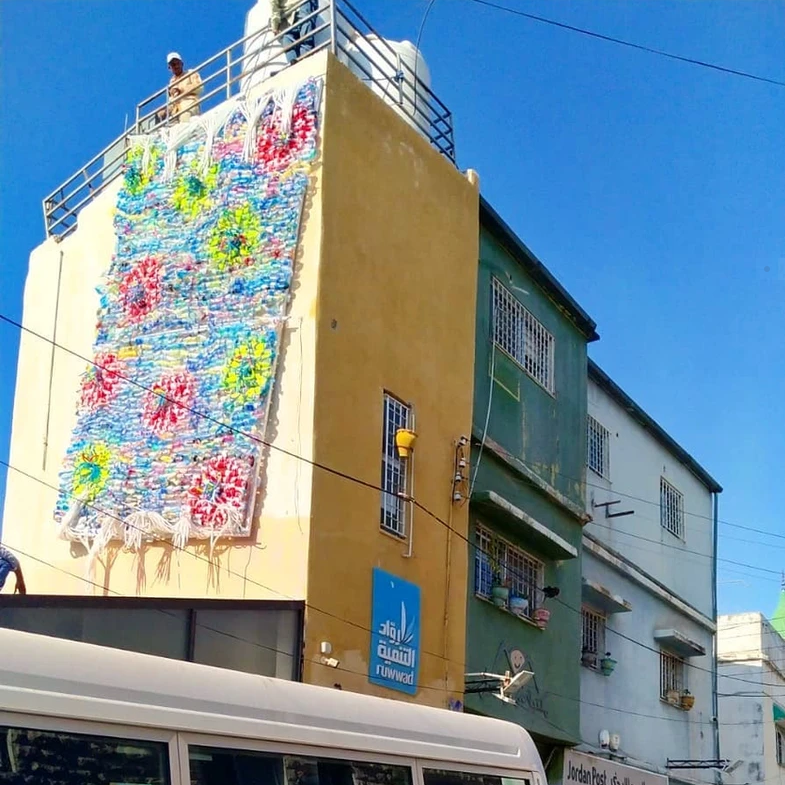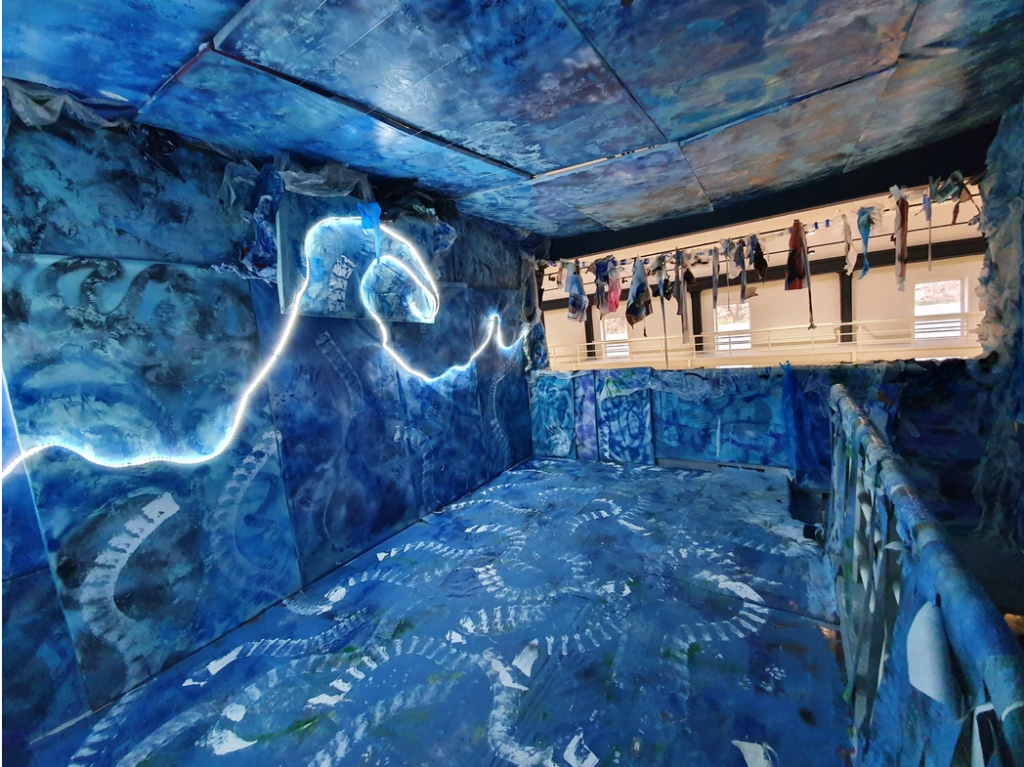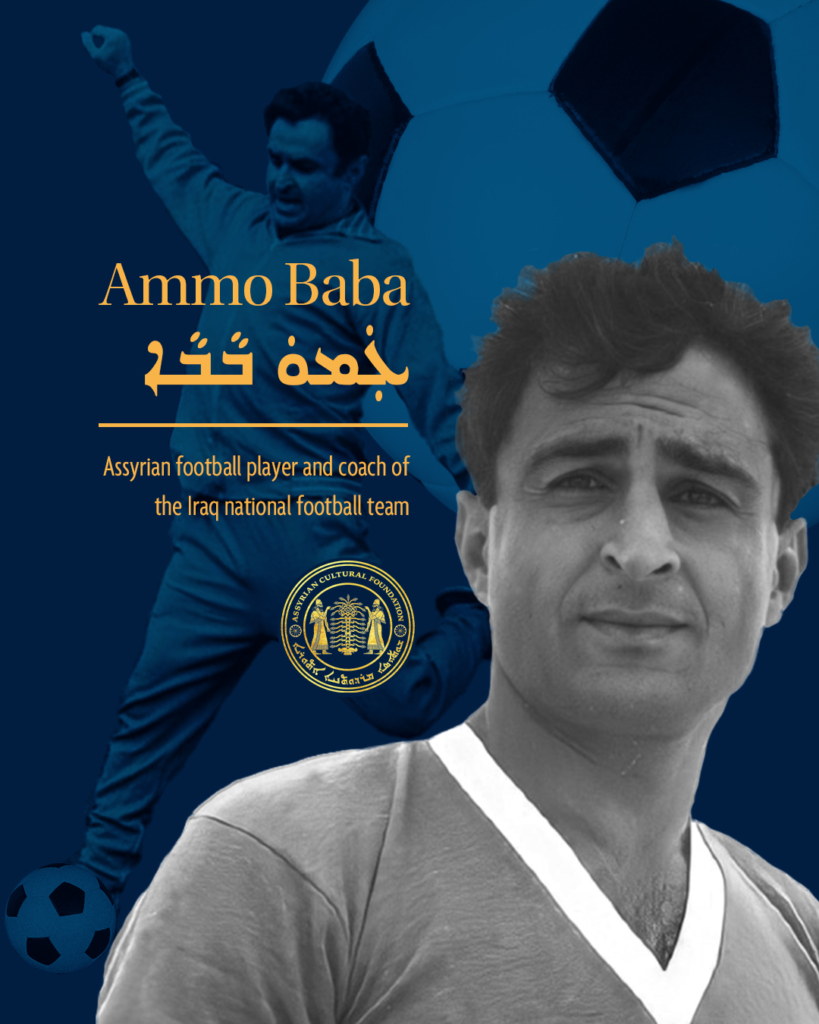Maria Nissan
Date: April 22, 2023

In honor of Earth Day, the Assyrian Cultural Foundation’s Fine Arts Department is honored to share the environmentalist art of Maria Nissan. Nissan is an Assyrian environmentalist artist, who uses her work to raise awareness about plastic pollution. Maria is the co-founder of MicroPlaticsJO, a non-profit organization created in 2022, striving for a radical change in behaviors toward the way plastic is consumed and how it is disposed of. Nissan uses her art as a means of educating the public, and hosts workshops about the social and environmental impacts of overconsumption and single use plastics. Her art ranges from individual sculptural pieces to immersive installations.

MicroPlasticsJO has done incredible work in Amman, Jordon, collecting trash off the streets and turning it into art. Nissan has recently relocated to Thailand in her continuous efforts to expand the company and its influence. Nissan’s Assyrian background plays a significant role in her work. As she puts it: “I bring together thousands of years of Assyrian legacy with recent materials such as plastic. This heritage survived through time; the plastic waste we generate daily might as well remain for hundreds of years as well.” Her most recent painting series is entitled “The Heart of the Assyrian Legacy”.

It is a series of paintings that represents the unique beauty and distinctive traits of Assyrian women. Nissan sees women as pioneers in the battle for equal rights and opportunities in the middle east. Through this art series, Nisan uses distinctive elements, colors, and shapes to personify a precious cultural heritage that has prevailed through time by means of strength and courage through adversity. Nissan is particularly focused on educating children through her work, as she believes they are our future and deserve a better world to live in. Her work is a testament to the transformative power of a creative vision, and the positive influence art can have on public awareness and understanding.
To find out more about MicroPlasticsJo, and the art of Maria Nissan, please visit the following links below;
Website:
https://www.microplasticsjo.com/
Instagram pages:

